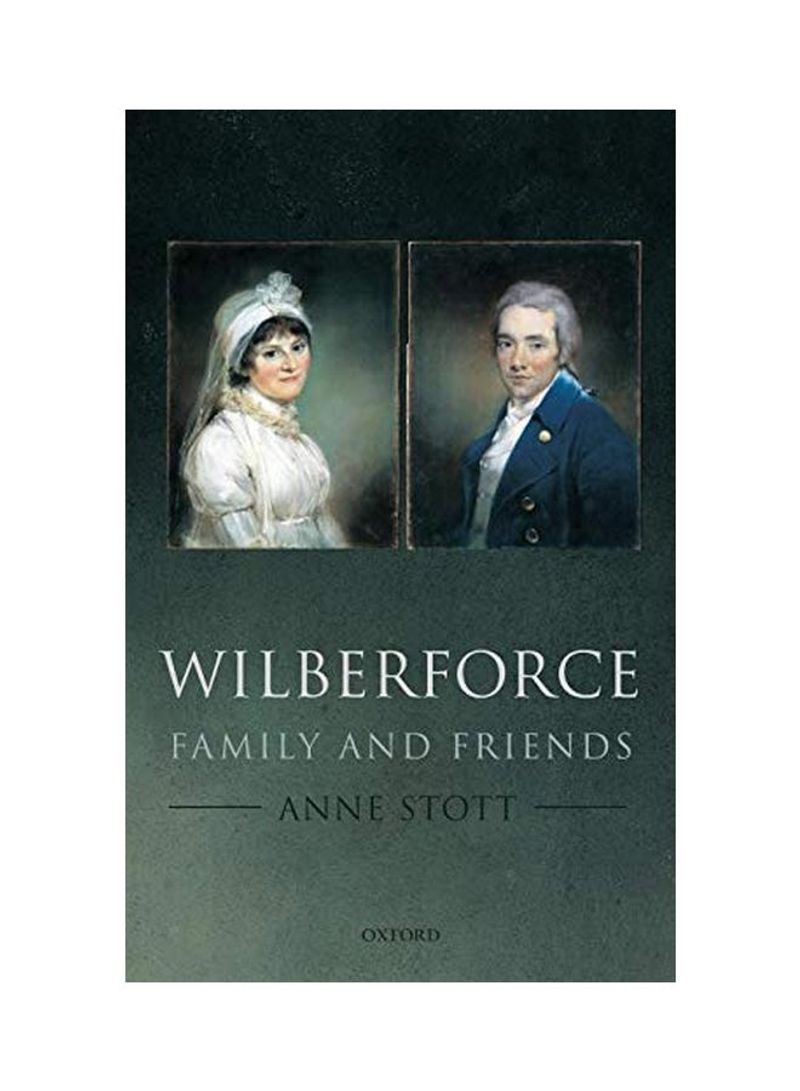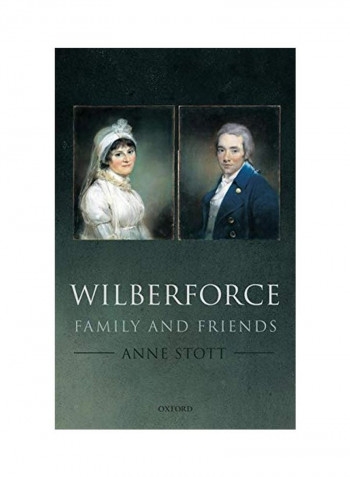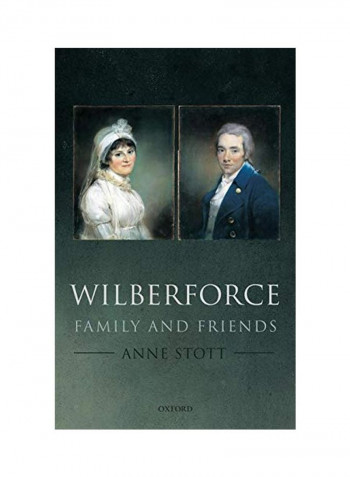Wilberforce: Family And Friends Hardcover
Recommend
Sort by
Rating
Date
Specifications
Author 1
Anne Stott
Book Description
At the age of thirty-seven, after a very short courtship, William Wilberforce married Barbara Spooner, the daughter of a Midlands industrialist, and their first child was born in the following year. His family life brought him both happiness and anxiety. Convinced that he had been 'too long a Bachelor', he lacked confidence in his ability to be a good husband and father. A great deal has been written about Wilberforce's role in the abolition of the slave trade, but far less about his private life. Yet this is the man who exchanged his prestigious Yorkshire constituency for an undemanding pocket borough in order to devote himself to his family. In her innovative study, Anne Stott casts fresh light on the abolitionist and his friends, the group of Evangelical philanthropists retrospectively named the Clapham sect. While the men occupied important public roles they were also deeply committed to the ideal of domesticity. The ideology of the period depicted the middle-class home as a place of tranquil retreat from the cares and temptations of public life, though the family crises depicted in this study show that the reality was always more complex. With varying degrees of success, the Clapham men and women brought their Evangelical piety to their patterns of courtship and marriage, their philosophy of child-rearing, and their strategies in coping with death and bereavement. For the first time, much of this story is told from the perspective of the wives, and it is primarily through their voices that the book's themes of the family, women and gender, childhood and education, sexuality, and intimacy are explored.
ISBN-13
9780199699391
Language
English
Publisher
Oxford University Press
Publication Date
07 Apr 2012
Number of Pages
356
About the Author
Anne Stott has taught at the Open University and Birkbeck, University of London, as well as various other adult education institutions. She has published extensively on women and Evangelicalism, and her book, Hannah More: The First Victorian (OUP, 2003) won the Rose Mary Crawshay Prize in 2004. She is a participant in the Dissenting Academies Project run by the Dr Williams Centre. She is the administrator of the Long Eighteenth-Century Seminar, University of London.



